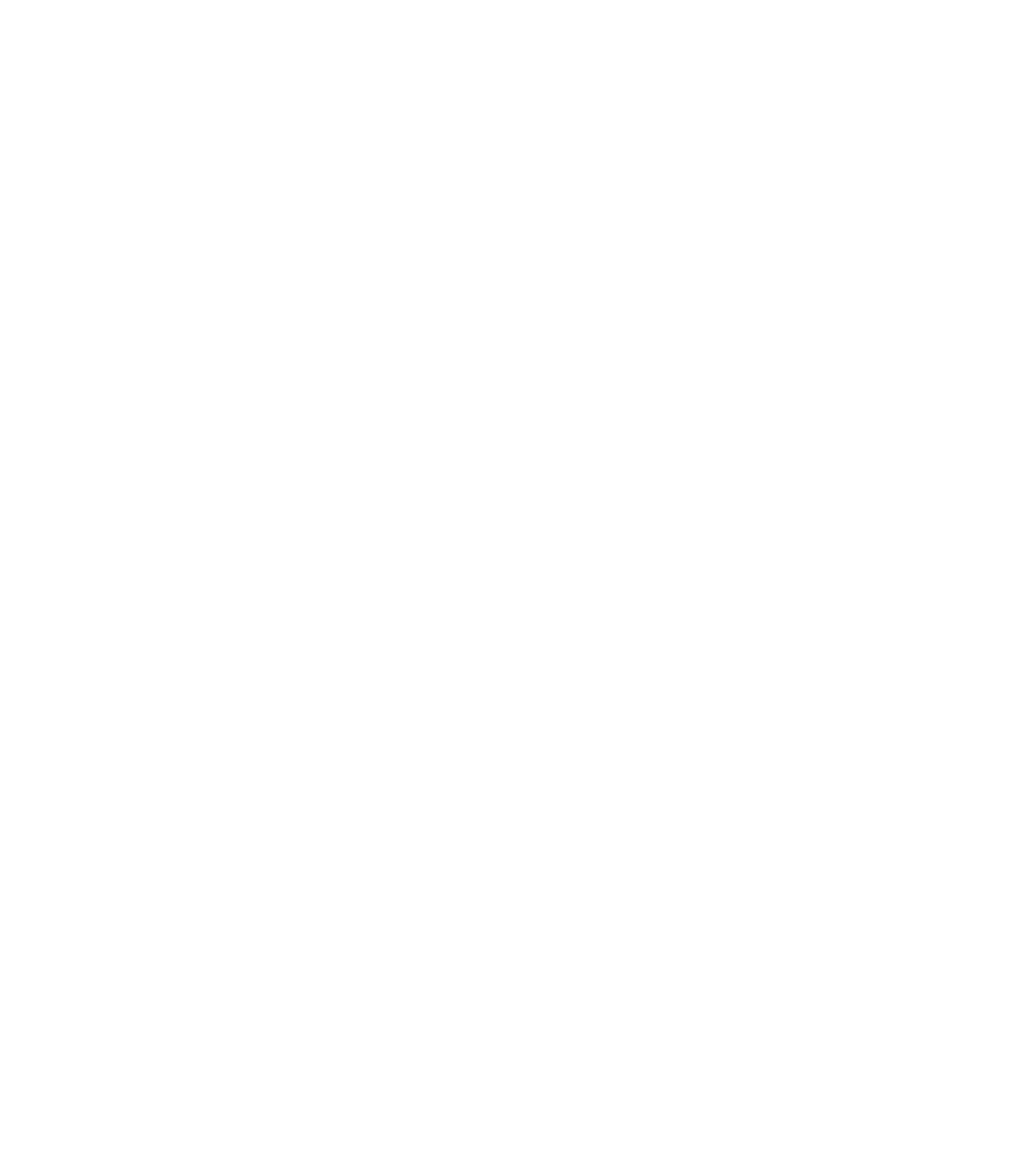Depression and headaches are two common health issues that many people experience. Research has shown that there's a connection between these conditions, with individuals suffering from depression being more likely to experience chronic headaches, and vice versa. In this article, we will delve deeper into the link between depression and headaches, their impact on daily life, and the available treatment options.
The Connection Between Depression and Headaches
It's essential to recognize that the relationship between depression and headaches is complex and not fully understood. However, several possible explanations for this connection exist:Shared Biological Factors
Both depression and headaches may have similar underlying biological factors, such as imbalances in neurotransmitters like serotonin, which play a role in regulating mood and pain perception.Lifestyle Factors
People suffering from depression may be more susceptible to chronic headaches due to factors like poor sleep, unhealthy diet, and lack of exercise. For instance, the fight or flight response, which can be triggered by stress, can contribute to both depression and headache symptoms. Read more about the fight or flight response and its impact on mental health.Psychological Factors
Depression may cause individuals to be more sensitive to pain, making them more likely to experience headaches. Conversely, chronic headache sufferers may develop depression due to the ongoing pain and its impact on their quality of life.Types of Headaches Associated with Depression
There are two primary types of headaches that are more commonly associated with depression:Tension Headaches
These headaches are typically characterized by a dull, aching pain on both sides of the head, often described as a tight band around the head. Tension headaches are usually caused by muscle tension in the neck, shoulders, or head, often resulting from stress or poor posture.Migraines
Migraines are severe, throbbing headaches that usually affect one side of the head and can be accompanied by other symptoms like nausea, vomiting, and sensitivity to light and sound. Migraines can be triggered by various factors, including hormonal changes, certain foods, and stress. [Placeholder for an image: A visual comparison of tension headaches and migraines, such as illustrations of the head with different areas affected by pain]Impact on Daily Life
The combination of depression and headaches can significantly impact an individual's daily life. This impact may include:- Reduced productivity at work or school due to headache pain and difficulty concentrating
- Strained relationships with friends, family, and colleagues as a result of mood swings, irritability, and social withdrawal
- Increased likelihood of engaging in unhealthy behaviors, such as excessive alcohol or drug use, to cope with the emotional and physical pain
- A lower overall quality of life due to the ongoing struggle with mental and physical health issues
